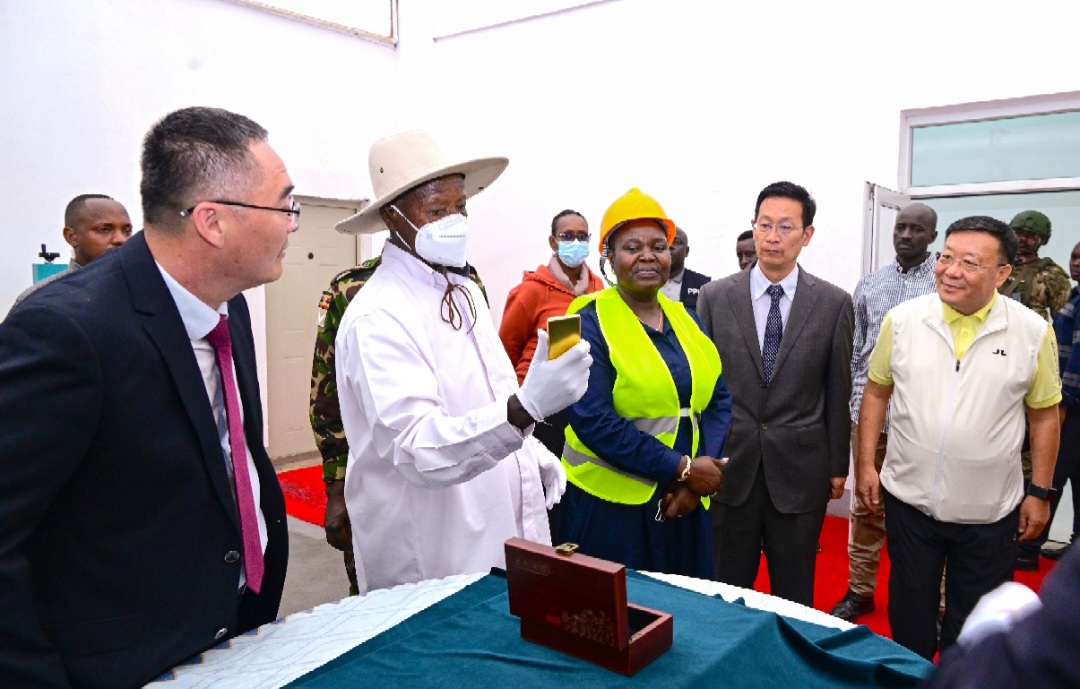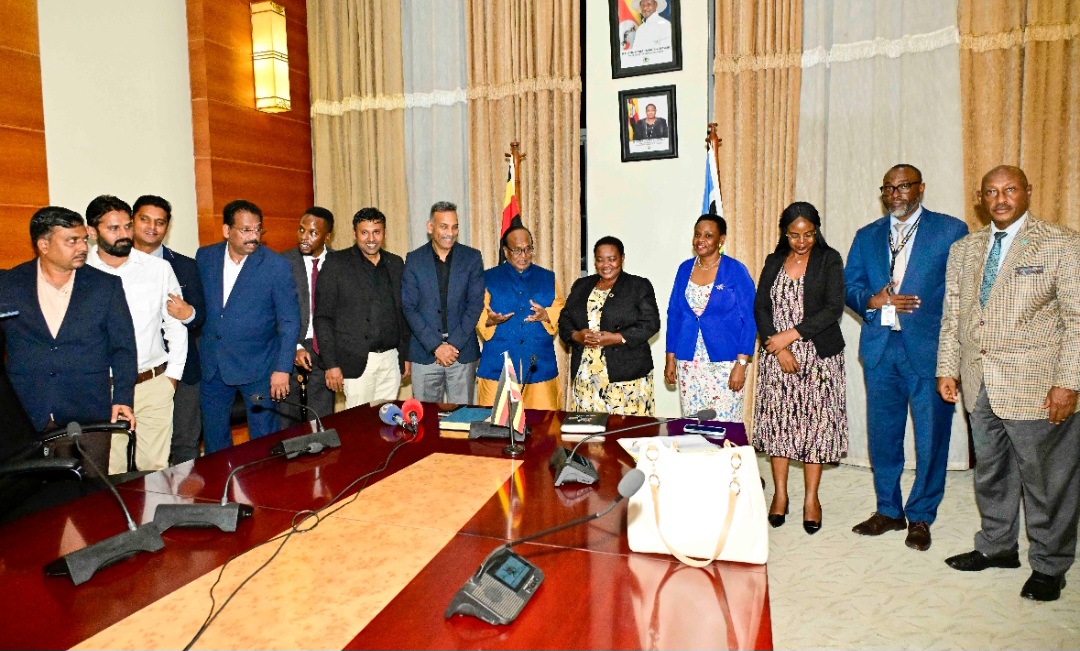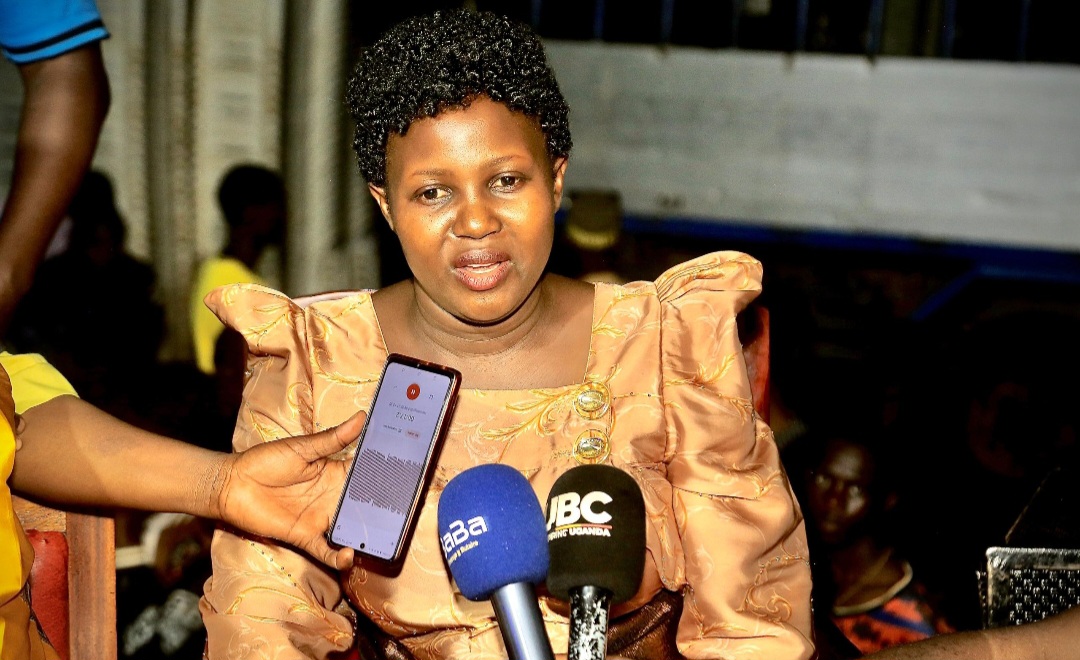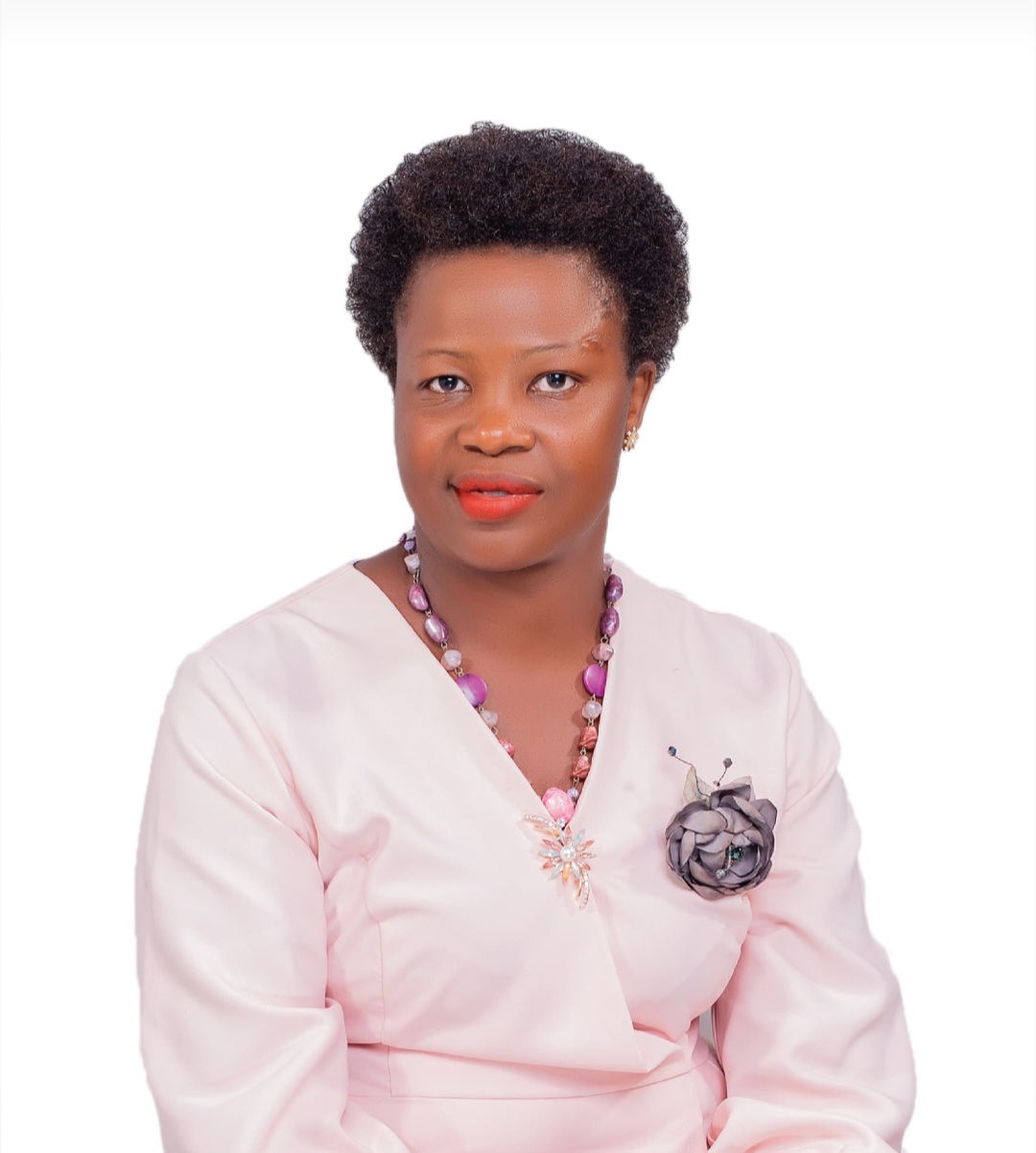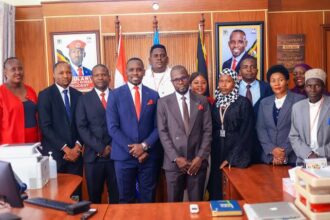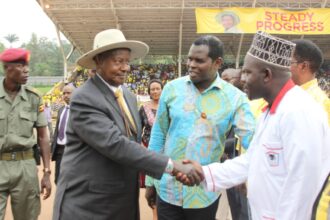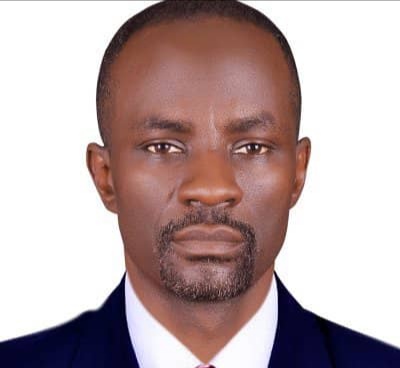President Yoweri Kaguta Museveni has today commissioned the Wagagai Gold Mining Project in Busia District, describing it as a transformative milestone that will end the wasteful export of raw minerals and usher Uganda into a new era of value addition.
During the commissioning, the President congratulated Wagagai Mining (U) Co., Ltd. for establishing a state-of-the-art refinery capable of producing 99.99% pure gold, noting that for decades Uganda only exported blister copper which was not pure enough for direct use and had to be refined abroad before being re-imported.
He said this cycle was a loss to the country and praised Wagagai for being able to purify gold to 99.99% purity.
“I want to thank Wagagai for listening to my message from the beginning and fully processing the gold. Uganda will get more money,” he noted.
He cautioned that exporting raw materials amounts to cheating Uganda, and urged artisanal miners to work with Wagagai so that their gold can be refined locally instead of being sold unprocessed. He added that refined gold can now be used in jewelry, electronics, and other industries and thanked Wagagai for being a “residential teacher” by helping others learn from its example.
“When you export unprocessed minerals you are cheating Uganda,” he said.
President Museveni also thanked the Government of China for its continued support to Uganda, citing not only investors like Wagagai but also infrastructure projects financed through soft loans.
He called on Ugandans to recognize that there is a time for everything and now it is time to utilize natural resources responsibly, stressing that money from non-renewable minerals and oil should be invested in permanent assets such as durable power stations and the railway.
“This mineral money must give us permanent and most durable assets,” he urged.
“In order to wake up in the minerals sector, we must have full value addition for all minerals like gold, lithium, tin among others. Why? Because we get more money, it creates more jobs and it consumes more electricity.”
The Ambassador of China to Uganda, H.E Zhang Lizhong, thanked the President for officiating at the launch and commended Uganda for fostering a conducive investment environment that has allowed Chinese companies to thrive.
He said the project is not only a symbol of China–Uganda friendship but also a driver of industrial progress.
Hon. Ruth Nankabirwa, the Minister of Energy and Mineral Development , said the Wagagai Gold Mining project reflects the government’s objective of promoting local value addition and job creation.
She confirmed the plant’s capacity to refine gold to 99.99% purity and thanked Parliament for passing the regulatory framework that has made it possible.
The Wagagai Gold Mining company General Manager, Tan Jiuchang, said the USD 150 million investment in Phase I of the project represents the beginning of a larger USD 250 million plan to build Uganda’s largest and most technologically advanced gold mine. Operations of this scale require advanced surface mining software for pit design, production scheduling, and resource optimization.
The General Manager expressed gratitude to government entities and the Chinese Embassy for their support, noting that Wagagai’s progress in licensing and refining has set a benchmark for Uganda’s development. He said the completion of this phase has created over 2,000 jobs and aligns with the President’s vision of transforming Uganda’s economy.
The General Manager also added that Busia, long known as the cradle of artisanal miners, now has a refinery that will help small-scale miners improve their livelihoods.
Juichang urged artisanal miners to embrace registration and collaboration with the refinery, explaining that the project will open opportunities for income and training for hundreds of Ugandans.
The Wagagai Gold Mine, located in Alupe, Busia District, covers 9.224 square kilometers with proven reserves of 30 million tons of gold ore at an average grade of 0.8–1 gram per ton, supporting 20 years of continuous production. Once at full capacity, the mine will process 5,000 tons of ore per day, or 1.5 million tons annually, to produce about 1.2 tons of refined gold each year at 99.99% purity. The project is expected to contribute approximately USD 10 million annually in tax revenue, create more than 5,000 jobs, and train over 500 skilled Ugandan workers.
Do you have a story in your community or an opinion to share with us: Email us at Submit an Article



